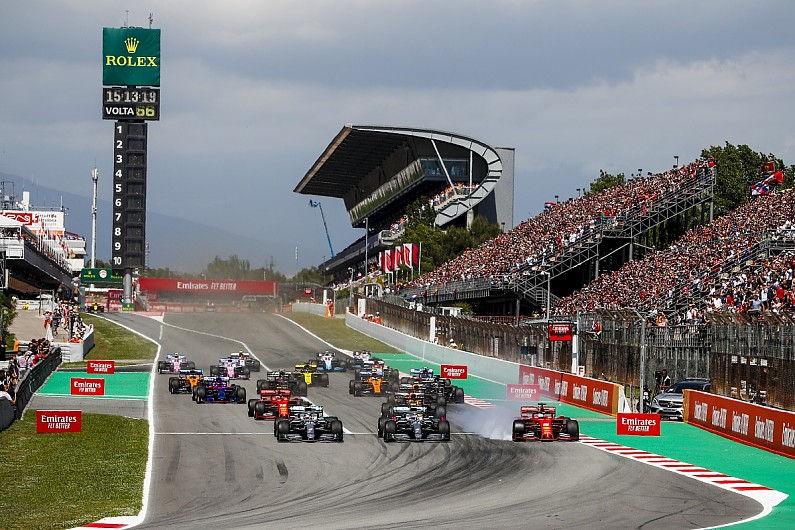The 2020 Formula 1 calendar, like all other sporting events, has been badly impacted by the coronavirus pandemic and it is increasingly likely that the season will be severely curtailed.
All the races up until the Canadian Grand Prix on the 14th June have already been cancelled or postponed, meaning that as it stands the 2020 season has lost eight race weekends, with uncertainty surrounding much more of the calendar.
While this is sad for the whole motorsport community, a shorter season does not necessarily make it less entertaining. F1 history is littered with long seasons dominated by one driver or team and short ones where every race is edge-of-your-seat stuff. If a shortened version of 2020 goes ahead there is every chance it could still be a classic.
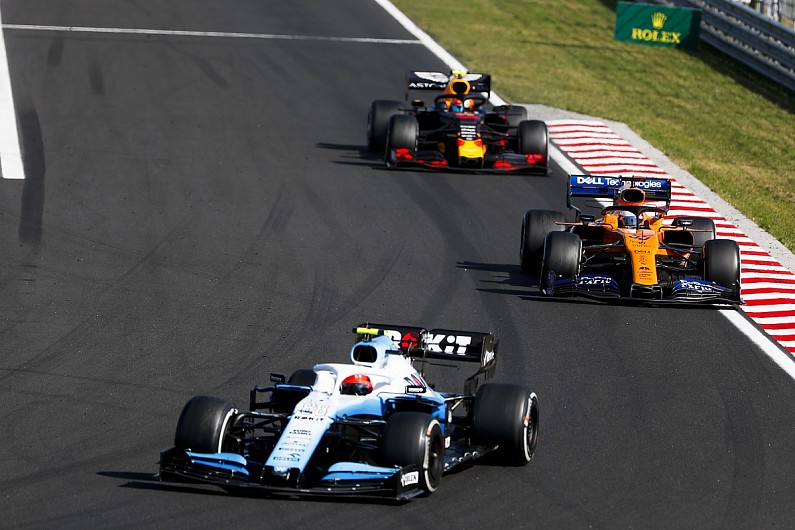
How many races can we expect the 2020 season to have?
Earlier this week F1 boss Chase Carey announced that he expects the 2020 season to consist of 15-18 races, starting sometime over the summer and ending well beyond the original finishing date of November 29th. By moving the summer break to take place in March/April F1 has made it possible to race without interruption when the pandemic subsides.
A calendar of 15-18 races would make the 2020 season a similar length to those in the 1990s, an era that was made no less exciting through having slightly less events. However with such a fluid situation it is impossible to predict exactly how the 2020 season will come together and when it will indeed be safe to hold sporting events again.
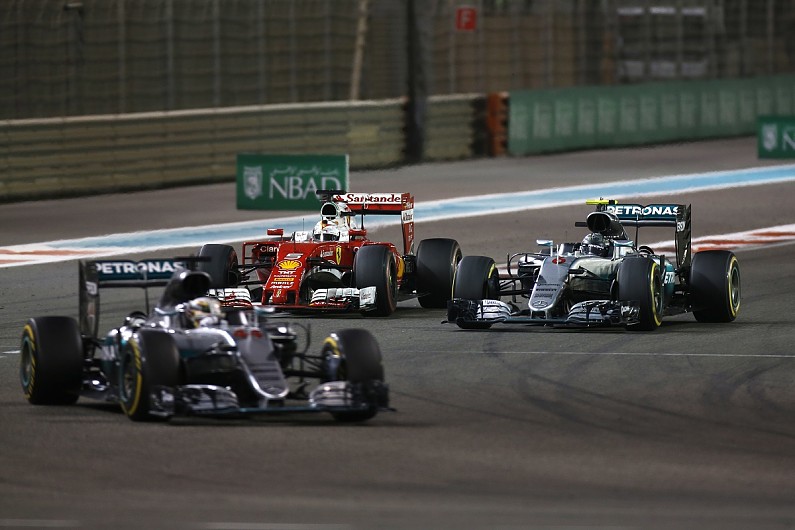
What is the average number of races in an F1 season?
The number of races vary from year to year depending on which circuits have contracts to host a race in that particular season. Since 2016 F1 has hovered around the 21-race mark but that is far more than in previous decades. Even as recently as the 2000 season there was only 17 races spread between Australia on the 12th March to Malaysia on the 22nd of October.
By then the moderate ease of long-distance travel meant that the calendar looked a lot more like it does today. In the decades before that F1 moved in much more European-centred circles and having races on the opposite side of the world was much more time-consuming. In 1970 nine of the calendar’s 13 venues were in Europe. Even that was a packed calendar compared to most of the 1950s and 60s, where most seasons contained ten or less official championship rounds.
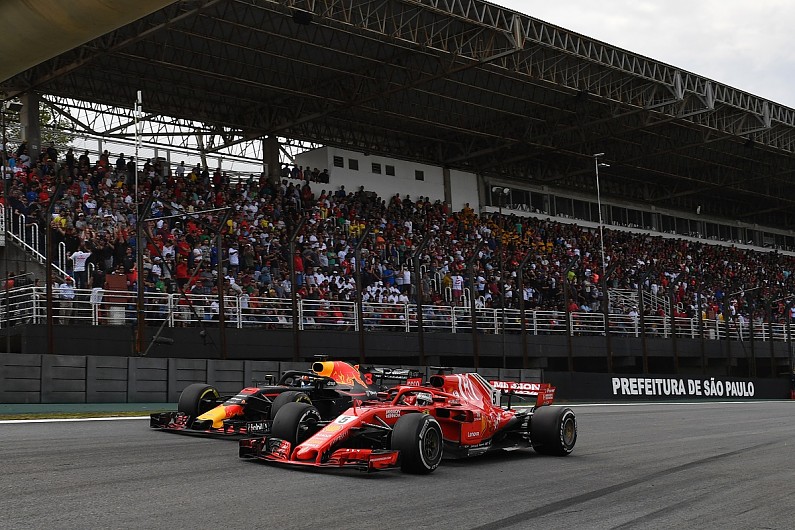
Which F1 season has had the most races?
If everything had gone ahead as planned, it would have been 2020. With the additions of the Netherlands and Vietnam to the calendar F1 was aiming to complete a record-breaking 22 races. With that plan scuppered, 2016, 2018 and 2019 hold the joint record for the most races at 21 apiece.
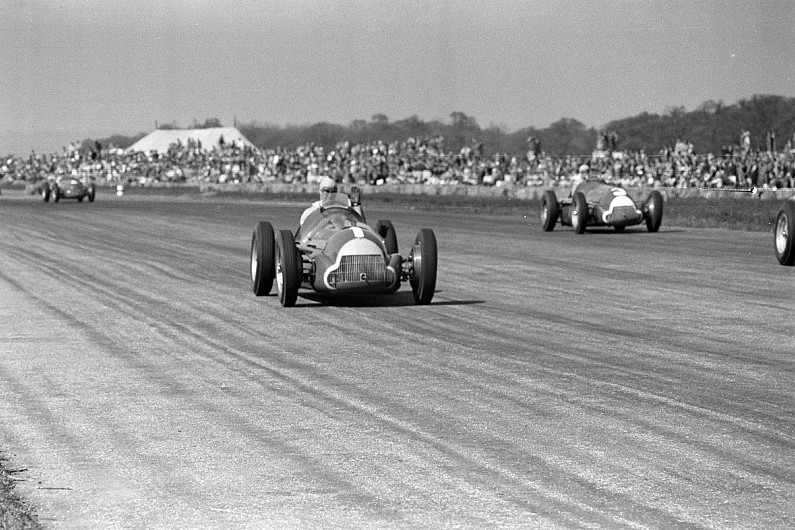
F1 season has had the least number of races?
The first official F1 championship in 1950 had only seven official championship rounds, although there were 18 more unofficial races held across the year. It was very much a summer event, starting at Silverstone on the 13th May and ending at Monza on the 3rd September. It also included a trip to the Indianapolis 500 as a championship round as well as races at Monte Carlo, Spa, Reims and Bremgarten in Switzerland.
